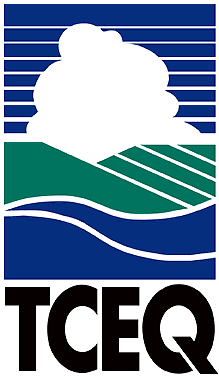Standard Permits
A standard permit authorizes the construction or modification of new or existing facilities that are similar in terms of operations, processes, and emissions. A standard permit provides an efficient mechanism for qualifying facilities to obtain authorization as an alternative to a case-specific air quality permit. If a facility cannot meet a PBR, then the applicant should see if a standard permit can be claimed. A standard permit can never be used to authorize emissions that will trigger major NSR permitting under Chapter 116, and unlike PBRs, all standard permits (with the exception of the Pollution Control Standard Permit) require BACT.
Several standard permit authorizations have been issued. Some are non-rule and available on the division's Web site, and some are contained in the commission's rules.
|
Standard Permits Contained in a Rule |
|
|---|---|
|
Chapter |
Section or Subchapter |
|
116 |
Installation and/or Modification of Oil and Gas Facilities (§116.620) |
|
330 |
Subchapter U, Municipal Solid Waste Landfill Facilities and Transfer Stations |
|
321 |
Subchapter B, Concentrated Animal Feeding Operations (§321.43) |
|
332 |
|
Standard permit registrations must be renewed every ten years. In addition, if the executive director amends a standard permit, the facility must comply with the amended standard permit. Compliance is usually required by the renewal date of the standard permit registration but cannot be required within 24 months of the standard permit amendment, unless it is necessary to protect public health.
|
For example: |


